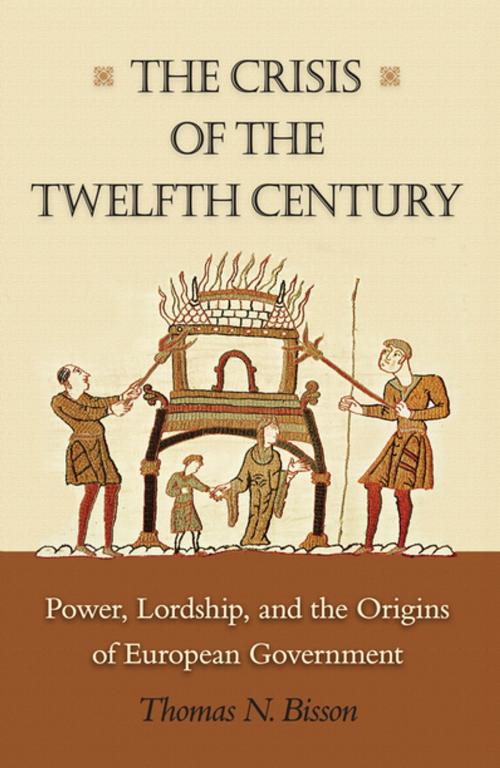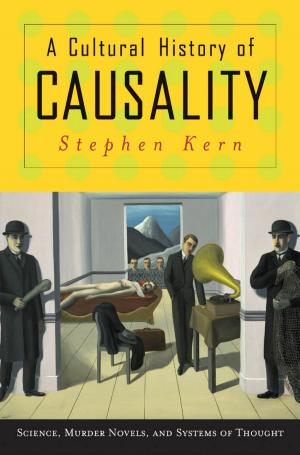The Crisis of the Twelfth Century
Power, Lordship, and the Origins of European Government
Nonfiction, History, Medieval, Social & Cultural Studies, Political Science, Politics, History & Theory| Author: | Thomas N. Bisson | ISBN: | 9781400874316 |
| Publisher: | Princeton University Press | Publication: | September 22, 2015 |
| Imprint: | Princeton University Press | Language: | English |
| Author: | Thomas N. Bisson |
| ISBN: | 9781400874316 |
| Publisher: | Princeton University Press |
| Publication: | September 22, 2015 |
| Imprint: | Princeton University Press |
| Language: | English |
Medieval civilization came of age in thunderous events like the Norman Conquest and the First Crusade. Power fell into the hands of men who imposed coercive new lordships in quest of nobility. Rethinking a familiar history, Thomas Bisson explores the circumstances that impelled knights, emperors, nobles, and churchmen to infuse lordship with social purpose.
Bisson traces the origins of European government to a crisis of lordship and its resolution. King John of England was only the latest and most conspicuous in a gallery of bad lords who dominated the populace instead of ruling it. Yet, it was not so much the oppressed people as their tormentors who were in crisis. The Crisis of the Twelfth Century suggests what these violent people—and the outcries they provoked—contributed to the making of governments in kingdoms, principalities, and towns.
Medieval civilization came of age in thunderous events like the Norman Conquest and the First Crusade. Power fell into the hands of men who imposed coercive new lordships in quest of nobility. Rethinking a familiar history, Thomas Bisson explores the circumstances that impelled knights, emperors, nobles, and churchmen to infuse lordship with social purpose.
Bisson traces the origins of European government to a crisis of lordship and its resolution. King John of England was only the latest and most conspicuous in a gallery of bad lords who dominated the populace instead of ruling it. Yet, it was not so much the oppressed people as their tormentors who were in crisis. The Crisis of the Twelfth Century suggests what these violent people—and the outcries they provoked—contributed to the making of governments in kingdoms, principalities, and towns.















